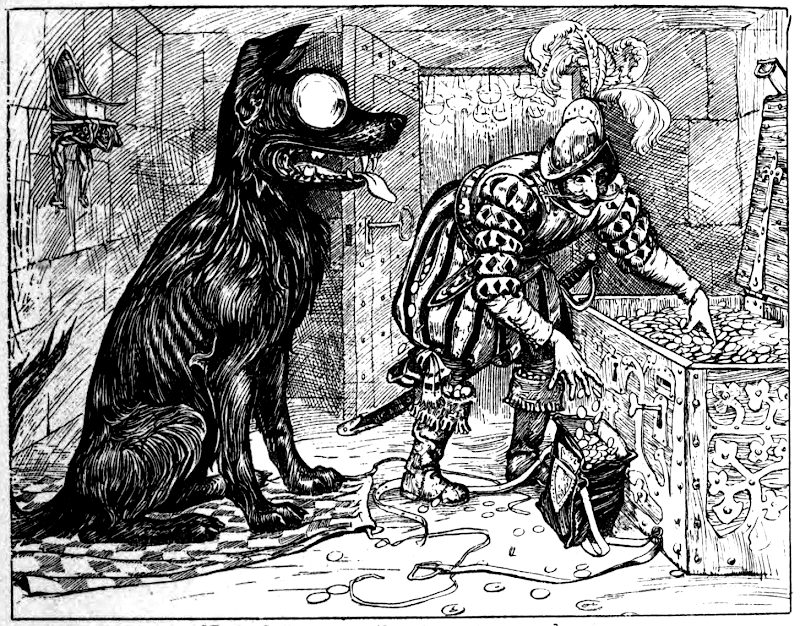Unfortunately it means...well, it means rather a lot of things: proud, haughty, disdainful, ostentatious, showy, swollen, augmented, excessive, threatening and dangerous.
Thomas Malory used the word in 1485 in Le Morte D'Arthur:
- At that time there was a knight...the which was an orgulous knight, and counted himself one of the best of the court; and he had great despite at Balin for the achieving of the sword.
It's surely much better left in the cupboard as a curiosity, though, with the castor oil, the moustache curlers, and the bust of Ozymandias.
Word Not To Use Today: orgulous. This word comes from the Old French orguillus, from orgoil, which means pride. There's a related Old High German word urguol, which means excellent.







